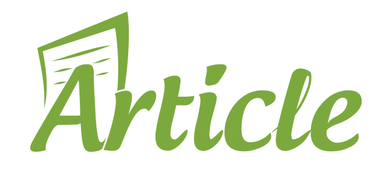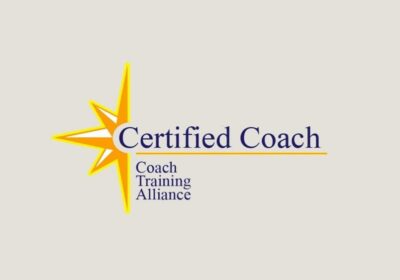
Question-answering tips for students
In the learning process and scientific progress, student’s questioning skills are highly significant. They have the potential to be used in science education and training. Even though student’s questions have the potential to improve learning, most of this potential has yet to be achieved.
A kid who appeared distracted could be suffering from learning issues and require extra attention. Teachers can continue to increase student’s awareness in a variety of ways. Teachers can assist students by providing questions forum from many subjects to understand their weak subject better and concentrate on it.
Question asking techniques in general
To conduct practical classroom questioning sessions, you must plan. Questioning techniques will help to attain well-defined objectives. A teacher should ask questions that force learners to employ the critical thinking skills they are working on.
● Give enough time for students to think and respond to the question.
Waiting five to ten seconds increases the number of students who want to answer, resulting in more extended, more complicated responses. Rephrase the question if no one volunteers even after 10 seconds. Avoid answering your own question, as this will send pupils the message that you’ll do their work for them if they don’t respond.
● Before interjecting, allow kids to complete an idea.
You may be tempted to stop because you think you know what the child is saying or because you are passionate about the subject. This is a desire that you should avoid at all costs. If you hear all of the student’s comments, you’ll be able to credit them for their ideas and recognise when they haven’t fully grasped the material.
● Show an interest in all the responses.
Encourage pupils by nodding, staring at them, and using facial movements that show you’re paying attention when they’re giving responses. When they are speaking, no need to look down at your notebook. Thank kids who react to your questions and participate in discussions to show your gratitude for helping to create a debate in your class.
● Guide and redirect incorrect answers to the correct answer.
For instance, if the pupil’s answer takes out the most important conclusion of the study you’re discussing, let them try to remember what that point is. If they can’t remember the decision, ask the question to the rest of the class.
● Create answers that will keep kids thinking for a long time.
Allow individual students to offer feedback if necessary and continually go questioning techniques. For instance, invite the rest of the class to comment on a viewpoint that one student just gave, or ask the student who responded to state their case.
● Make a study strategy.
Some topics will probably be easier for pupils than others, and some will require more study than others—changes to the strategy to get the highest possible time utilisation effect. For example, if students believe mathematics is a complex subject, create a study plan to reinforce subject fundamentals, such as solving more maths questions and working on more mathematics-related textbooks, etc.
Conclusion
Students will get more curious as they gain knowledge, and more questions will arise in their minds. On the other hand, the initial ideas are an excellent place to start when learning.








